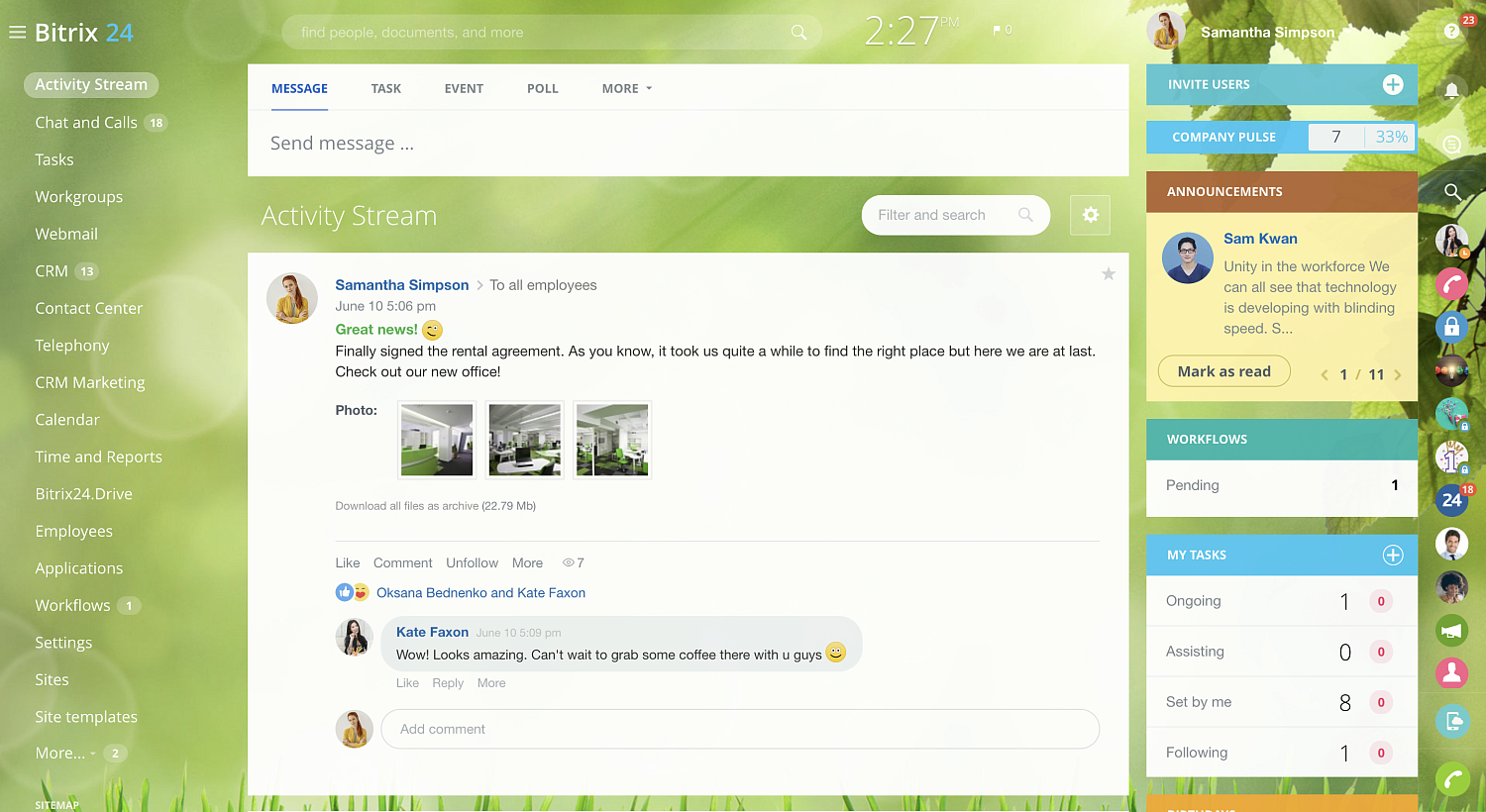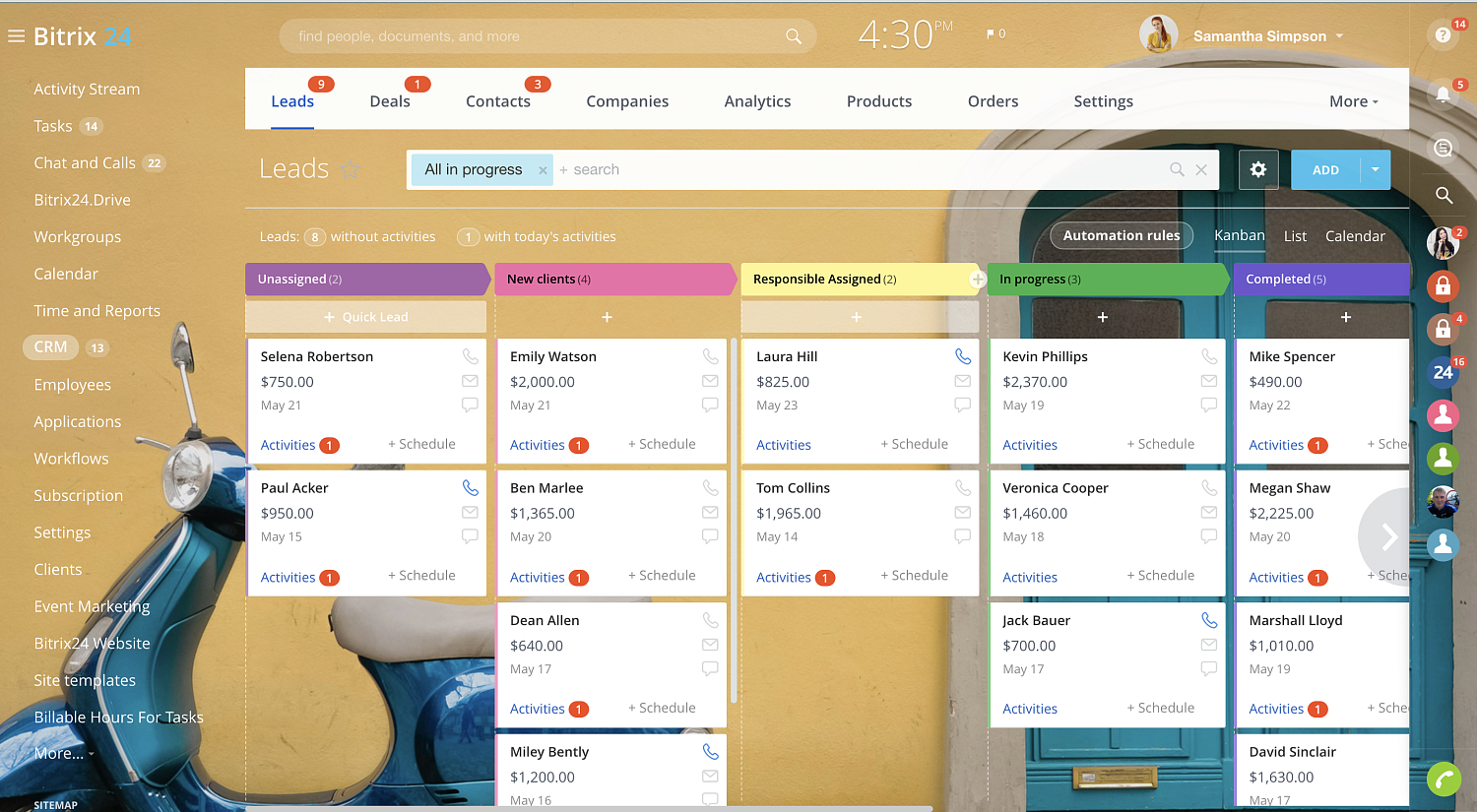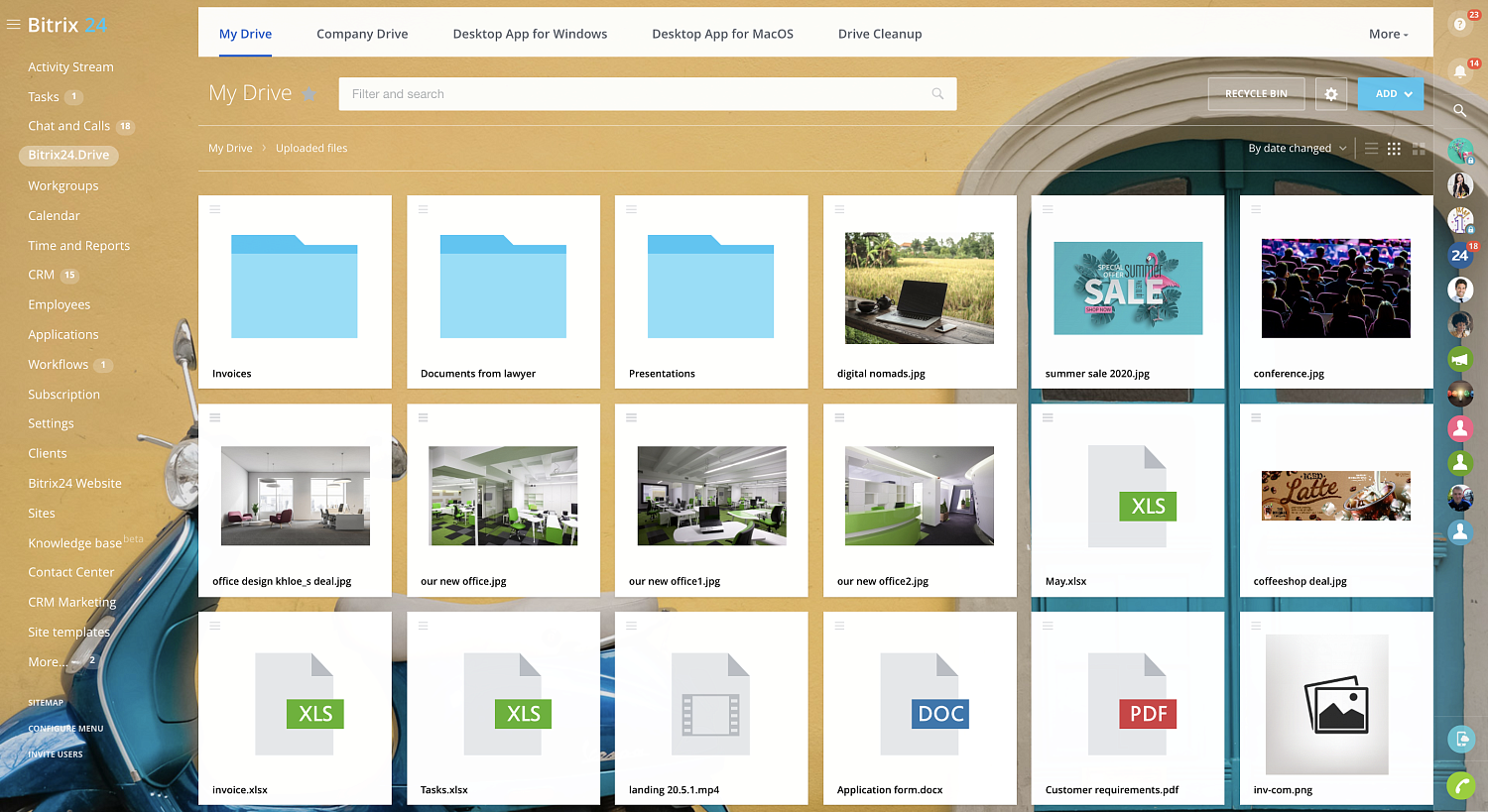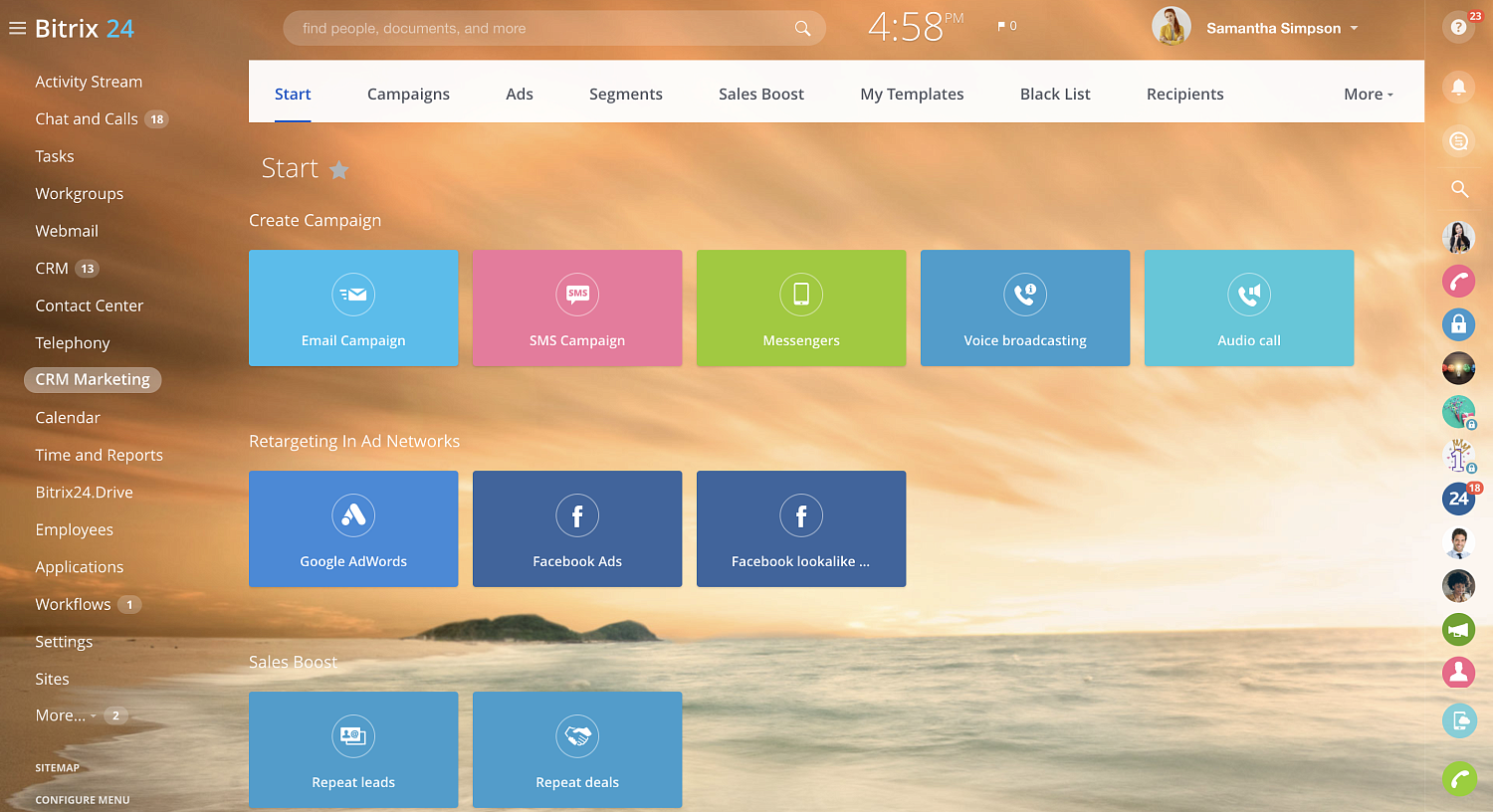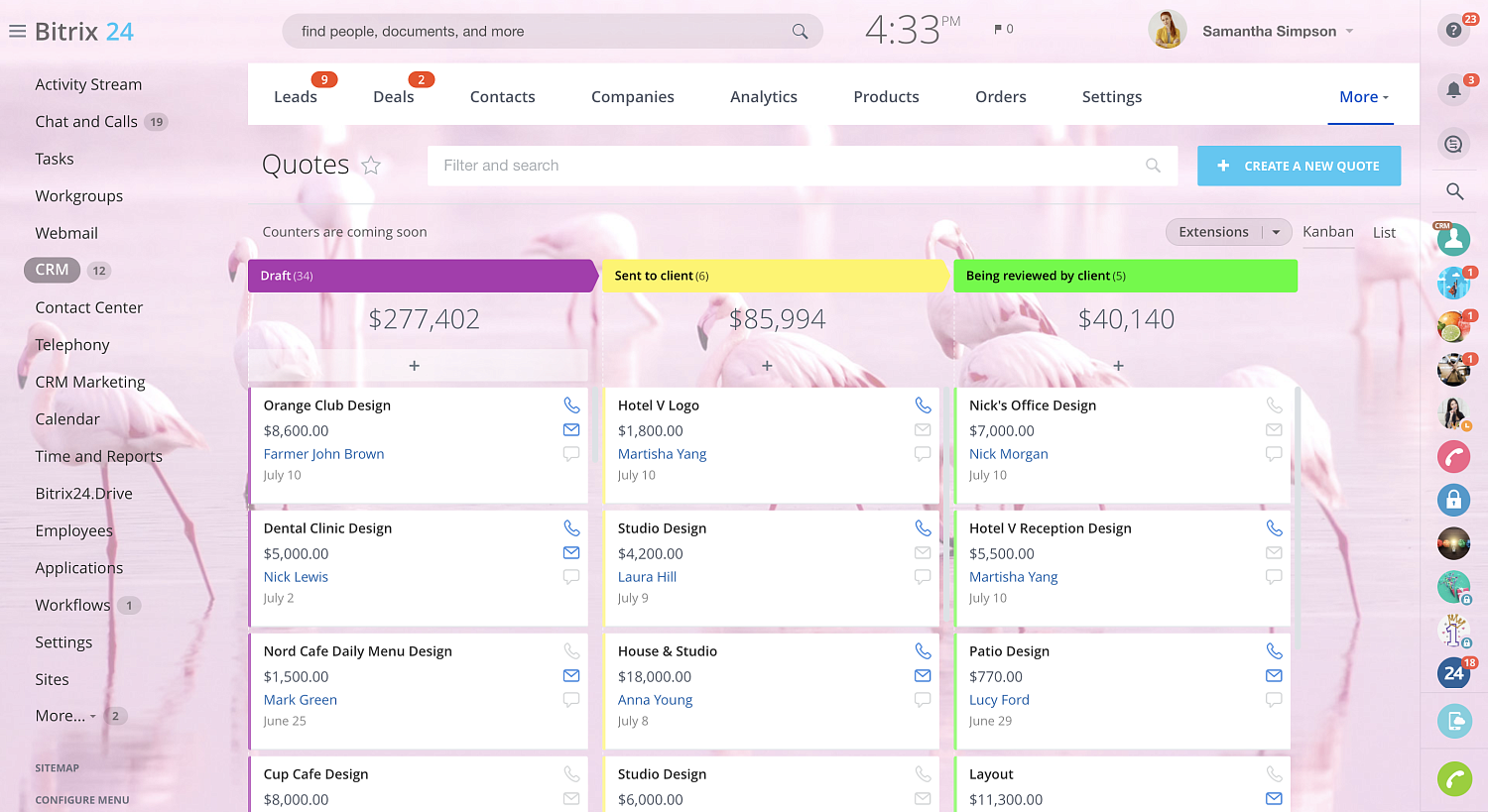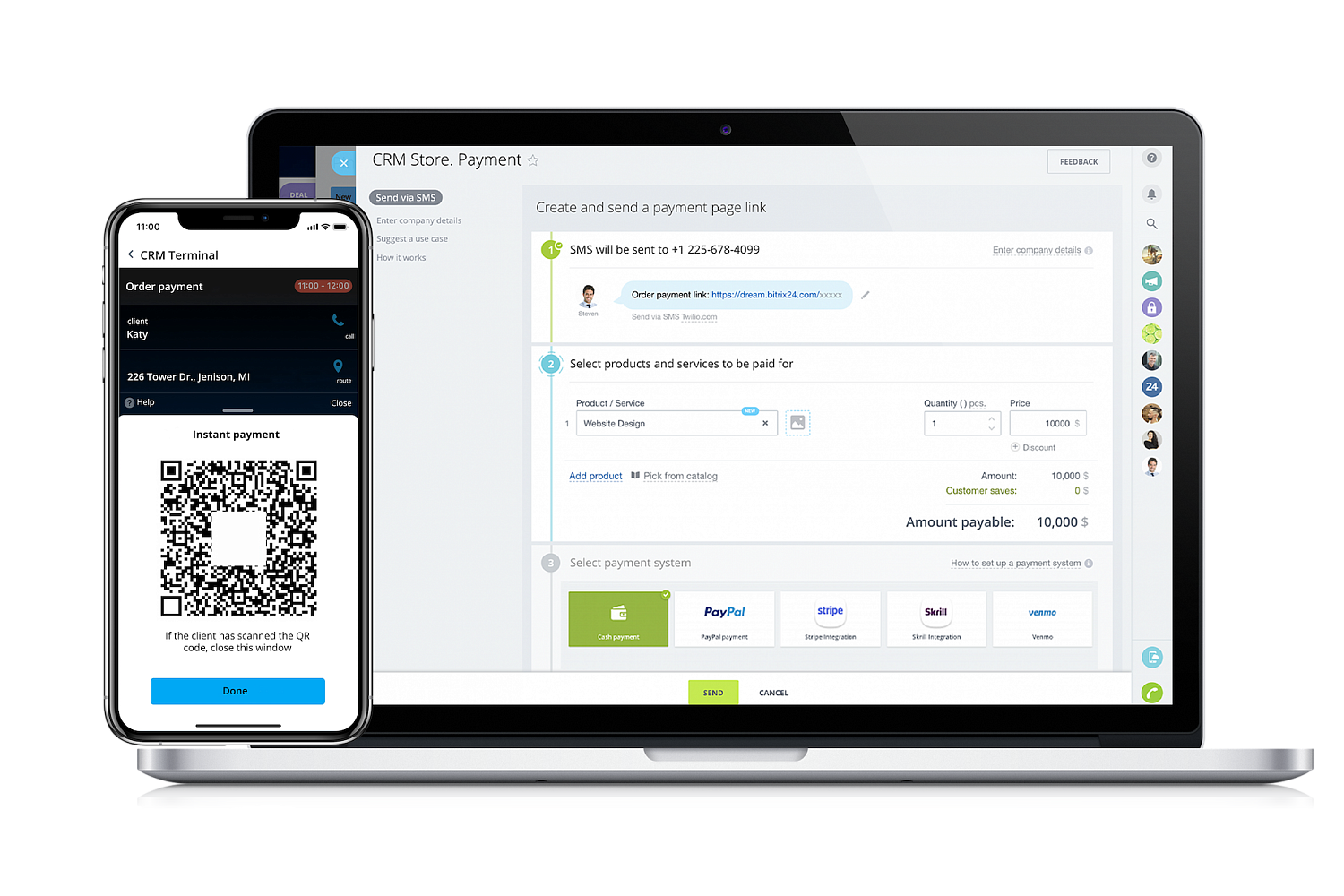How the implementation process and implementation team look like
The success of the CRM implementation depends on a set of factors. The strategy of automation, the willingness to work together as a team, the commitment of the company's executives are much more important than the technical side of the implementation project. You are unlikely to see immediate effects, especially without the help of a professional CRM integration team that will implement everything as it should be. No worries, though: implementing CRM is an essential step towards the growth and prosperity of the company, and it is a straightforward process if everyone's ready for it.
The implementation team usually consists of:
- Project manager who coordinates the implementation process (worth mentioning that a dedicated project manager should be on both sides)
- Business analyst who draws the design of the business automation
- Developers who work on the technical side of things
- Support technicians & consultants who ensure that every little thing is in its place
Having a professional team is a must for a successful CRM implementation. Most of the hard work is preparation for the implementation; there should be a certain level of expertise to plan and coordinate everything correctly. After that, it is a more or less routine technical process.
Even a perfectly adjusted CRM will eventually need to be adjusted again. Trends, technologies, and your company's business processes evolve over time. Even one change might have long-lasting consequences for the entire business. Thus, implementing CRM might be an ongoing process as long as the company uses CRM. It doesn't mean that all of these adjustments are hard to implement. With the proper amount of training, your technically skilled employees will be able to complete easy ones themselves without the implementation team's direct involvement.
Main questions before CRM implementation
- What is a CRM system
- Why do you need it, and what goals do you want to achieve with CRM
- What do you need to consider before CRM implementation
What is a CRM system
Customer Relationship Management, or simply CRM, is a software solution for managing the relationship between the company and its customers, either potential (leads) or already existing. Its purpose is to increase sales, optimize marketing activity, improve customer service through better communication. Subsequently, it also helps to analyze results and optimize business processes.
Why do you need it, and what goals do you want to achieve with CRM
- Conducting transactions
- Communicating with customers
- Storing customer data
- Issuing invoices
- Reminding managers about pending tasks
- Providing marketing analysis
These are some common reasons for implementing CRM, although there might be other more subtle or complex. For instance, the CRM system is an efficient tool for customer service. Customer care managers can see how many customers are currently active and how to assist them. The clients' history and contacts are always at hand, and communication becomes fast and reliable. If the company loses too many deals or if the loyal customers are unhappy with the service they receive, it might mean there is a need for a better CRM.
The goals of the CRM implementation can be manifold. It can be the improvement of sales activity, the reduction of the deal approval cycle, the increase in sales per manager, the growth of return sales. There are many different goals to achieve with the CRM implementation: look for weaknesses in your business and improve.
What do you need to consider before CRM implementation
Every company has its unique business routine. There might be similarities with others, of course, but a genuine business is never the same. An efficient business automation solution should acknowledge specifics. Describe what are yours, find weaknesses and strengths, identify main objectives for growth, and make a list of requirements for your CRM. With that in mind, you will be ready for a successful implementation.
The complete roadmap of CRM implementation
- Business process analysis, planning and preparation
- Setup
- Instructing the key employees on how to work with CRM
- Initial development
- Test run and optimization
- Scaling
- Instructing the entire staff on how to work with CRM
- Building CRM marketing
- Making integrations with external systems
- Continuous development
A CRM implementation not always requires all these stages or in this particular order. Sometimes, the implementation plan might be shorter if executives already know how to work with CRM or if there is no need for an initial development stage. However, some of these stages are mandatory. Business process analysis is required: it is like creating a business plan, a document that defines the objectives of the implementation. At this stage, we define project goals and establish metrics for success, conduct interviews with process owners, identify key sales processes, and make a list of sales and communication channels.
Setup is also mandatory, as well as test run and optimization. At this point, we organize lead, client, and deal lists, sales funnels, user permissions, and communication channels. When everything is ready for scaling, the whole staff starts working with CRM full time. One of the most important steps at this point is building CRM marketing or a set of marketing activities aimed at your existing clients.
In the meantime, the development team adjusts automation and integrates CRM with other systems. The development might become continuous to ensure constant growth with new automation rules, integrations, and security policies.
What CRM system to choose
There are many different CRM systems on the market. They all have their pros and cons, and our team, after years of research and experience, has decided to offer exclusively Bitrix24 software. Why? Because Bitrix24 is a powerful yet affordable suite of instruments with a built-in CRM module. In addition to the CRM, Bitrix24 can also serve as a messenger, a tool for managing tasks and projects, cloud storage, and a CMS for online stores, corporate websites, or client portals. And all this in a remarkably well-made package for a fair price: much more affordable than some popular analogues. For a small company with six employees, a software set consisting of Pipeline, Slack, Asana, and Dropbox (or their analogues) might cost ~$279 in a month. Bitrix24 Cloud can offer similar functionality in just one package — for $69. At 50 employees, the difference is even more evident! Scaling is an essential feature of Bitrix24. You can start small and grow, even to an enterprise-level organization.
Bitrix24 Cloud vs On-premise comparison
There are two approaches to deploying Bitrix24: Bitrix24 Cloud and Bitrix24 On-premise.
| Key Parameters | Bitrix24 Cloud | Bitrix24 On-premise + Selleris Cloud |
|---|---|---|
| Performance & Availability | Standard performance and availability. Great for small businesses. | Selleris Cloud allows scaling server performance and allocate additional resources. It means meeting even the most demanding performance and the highest availability requirements. |
| Functionality | Depending on the package, restrictions on functionality and the amount of data stored and processed might apply. | No restrictions. Full functionality with all resources available on demand. |
| Websites | A built-in website builder to create simple landing pages and stores. | The ability to create multiple full-featured sites and online stores of any complexity within a single license. |
| Development Options | Development is available only through custom applications and Robotic Process Automation (RPA). | The ability to fully develop and customize Bitrix24 by modifying its source code. Custom applications and Robotic Process Automation (RPA) are also available. |
| Data Location | Bitrix24 servers. No option to choose other locations for your protected data. | The ability to manage protected data on servers of your own choosing. |
| Price | Reasonable monthly fee. Good for small businesses. | The total price of the solution for medium and large businesses is much lower with one-time purchase. |
Implement Bitrix24 with us
Selleris has experience and expertise for all stages of CRM implementation, with completed Bitrix24 projects in different business spheres. Additionally, we offer a dedicated hosting for Bitrix24 on managed servers in Selleris Cloud. Get a quote, and let us start a successful partnership!

